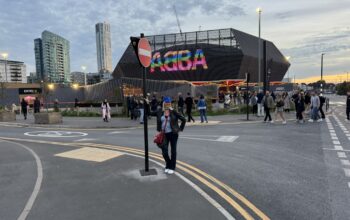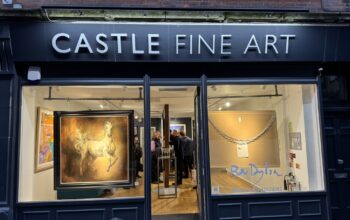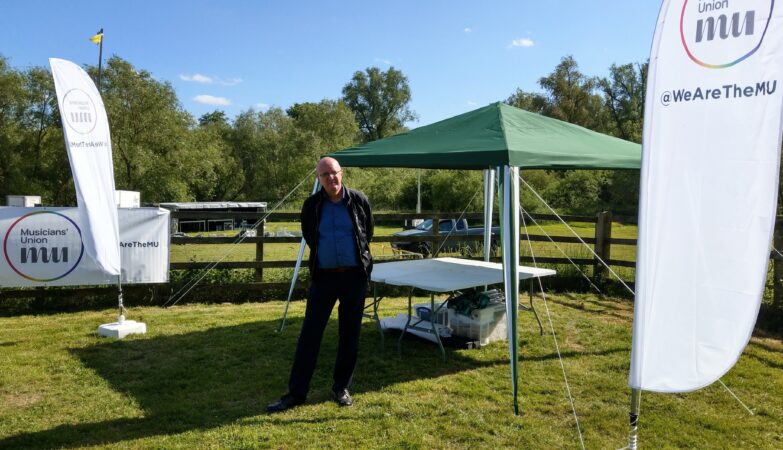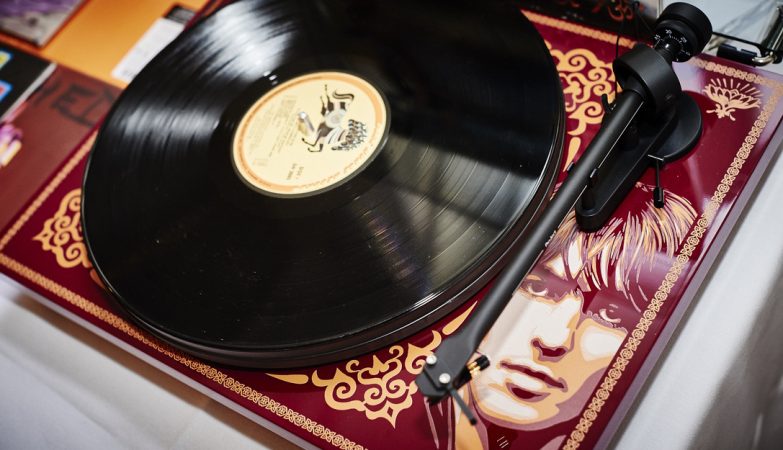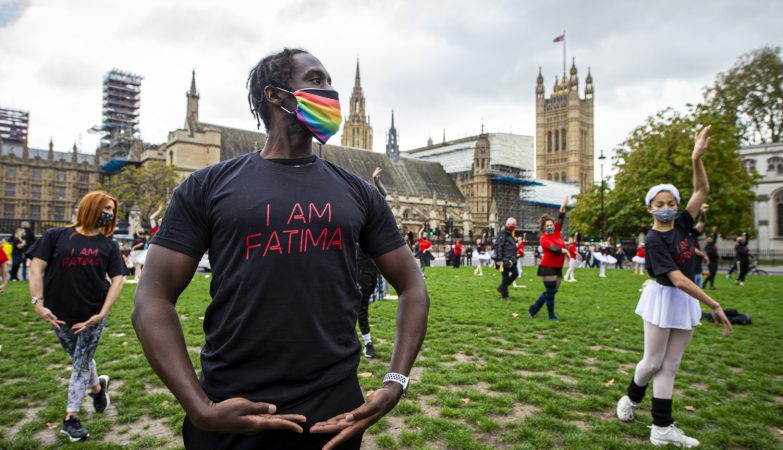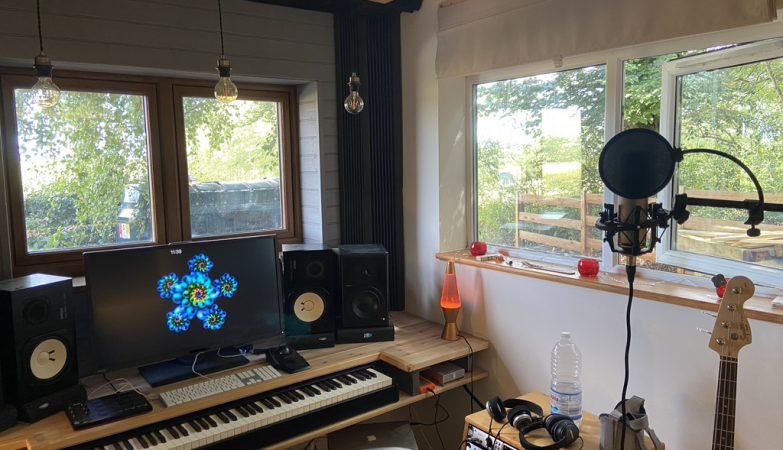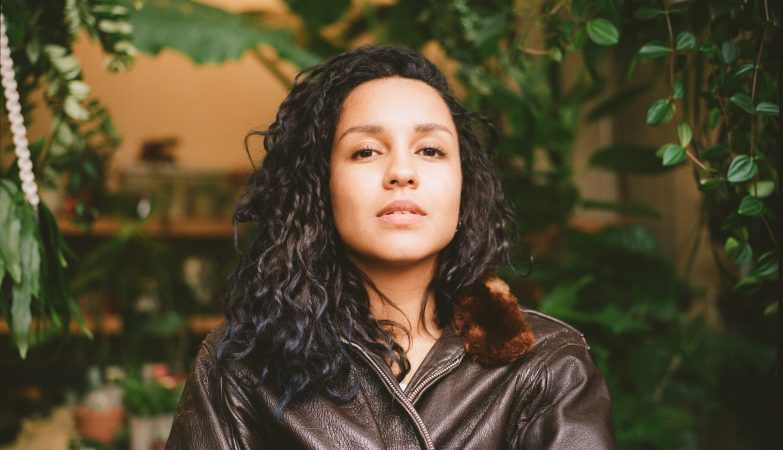The Performers’ Alliance All-Party Parliamentary Group has proposed an inquiry into the decline of social mobility in the creative sector entitled ‘Breaking the Class Ceiling in the Arts.’ The Group consists of the Musicians’ Union, Equity and the Writers’ Guild of Great Britain (WGGB) and the launch of the proposal took place this afternoon in Committee Room 5 in the House of Commons.
I had met up in advance with trumpeter John Thirkell, who had kindly agreed to speak on behalf of musicians at the launch, in St Stephen’s Tavern opposite Big Ben. Joining us in the Committee Room were music teacher and MU activist Sam Dunkley, plus my colleagues Isabelle Gutierrez, Maddy Radcliff and Coordinator for the Performers’ Alliance APPG, Chloe Alexander.
Also in attendance from the jazz and education community were Janine Irons and Gary Crosby, Lindsey Coulson and Michelle Collins of EastEnders fame, the MPs Kevin Brennan, Kerry McCarthy, Thangam Débbonaire and Tracy Brabin, Lord Tim Clement-Jones, plus WGGB Deputy Co-Chair Lisa Holdsworth.
John Thirkell spoke passionately about his working class beginnings in the north-east of England and how he was able to take up the trumpet, travel the world and play many of the world’s biggest stages with legendary artists.
After the formal activities were over, we walked with Kevin Brennan through the corridors to the Strangers’ Bar and the neighbouring Terrace for drinks. Thanks again Kevin!
Background to the proposal
Much of the debate about diversity in the arts has focused on inequalities in relation to race, disability and gender, but less on social inequalities and class. This is partly because class is not a ‘protected characteristic’ in equality legislation, and therefore not included in the statistics organisations collect to monitor the diversity of their workforce. But we need to address barriers to social mobility – the ‘class ceiling’ – in the same way. There has been awareness in recent years about how this sector is increasingly dominated by people from privileged backgrounds; how some of the great performers from working class backgrounds of the past thirty years – from Julie Walters to the Stone Roses – might not make it today.
There is also a growing body of academic research to suggest that social mobility in the arts is going into reverse. This is preventing talented people from finding rewarding jobs in a booming part of our economy.
It also matters to the sector’s continued future success, to the quality and diversity of its output, and its ability to reach new audiences and grow commercially, that our artists and writers are drawn from the widest talent pool. Social diversity is perhaps even more important in the creative sector than in others given the role of culture in reflecting our national life in all its diversity back to us; if we do not see ourselves or our communities in films, books or TV, it gives the impression our lives do not matter.
This inquiry will investigate the barriers that are faced by those from lower socio-economic backgrounds from establishing a career as a musician, writer and actor, the common issues across these professions and sectors, and action that can be taken to affect change. Oral evidence sessions are being scheduled between January and July 2019:
Session 1: Defining and monitoring class and academic research on social mobility in the sector
Session 2 – Learning an instrument
Session 3 – Breaking into a career
Session 4 – Sustaining a financially viable career
Session 5 – Response from Government/other responsible bodies.
How to get involved
To contribute written evidence, please email Chloe Alexander on PerformersAllianceAPPG@outlook.com

